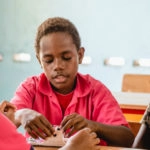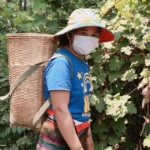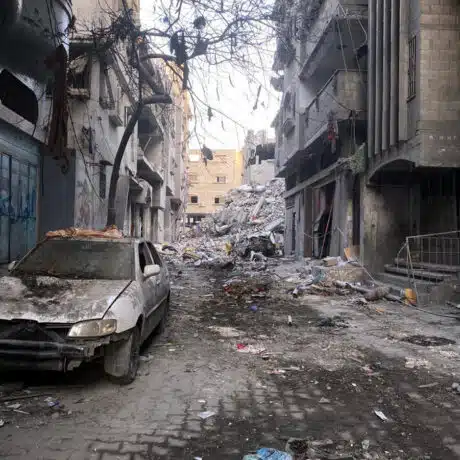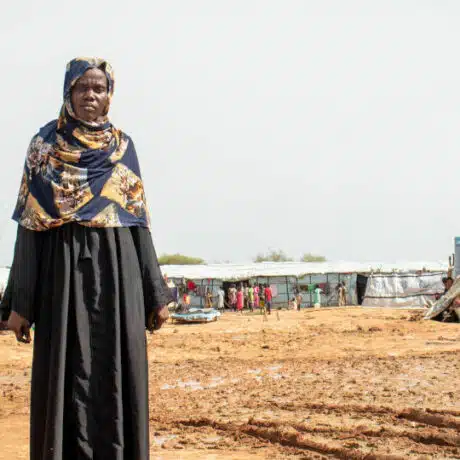News and Stories - Emergencies - 10 December 2020
Food security with a gender lens
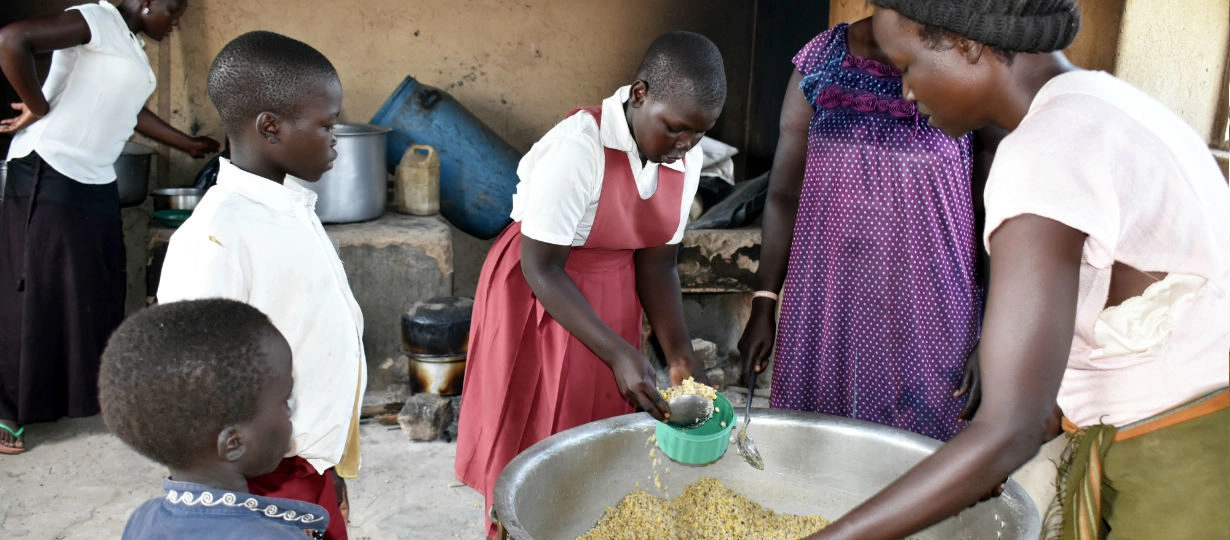
We’re working to improve food security in South Sudan and supporting women to play a significant role in decision making within their communities.
No matter their situation, every girl has the right to go to school, live free from violence and inequality, and make decisions about her future. For girls and young women living in some of the world’s most volatile locations, the daily inequalities they already face are exacerbated by climate change, mass displacement, conflict and emergencies.
That’s why, from South Sudan to Lebanon, we’re supporting girls and young women to lead during crises, continue their education, know their rights, and stay safe.
South Sudan is the world’s youngest country, gaining independence in 2011 after two decades of civil war. But when war broke out again in 2013, millions of people were displaced, farming was disrupted and the supply of food and aid was blocked.
A combination of conflict, drought and economic collapse has led to severe food shortages. Children are facing extreme hunger every day. Many children are already too malnourished to go to school or live a normal life, and more than half of the population are also living without access to safe water.
That’s why we’ve implemented our Food Assistance Project in 51 locations across five counties in South Sudan. Together with the World Food Programme (WFP) — deserving recent winners of the Nobel Peace Prize — we’ve been working for the past __ years to address food shortages, improve nutrition and keep girls in school.
In normal circumstances, our School Feeding program provides children with free meals at school, giving parents an incentive to continue their children’s education and ensuring students have enough energy to get them through the day. This is especially important for keeping girls in school, because boys’ education is often prioritised and girls tend to be the first to be pulled out and sent to work or help with domestic chores when food is scarce.
However, due to COVID-19 related school closures, our School Feeding program rapidly shifted focus to food distribution. Together with the WFP and the South Sudan Ministry of Education, we arranged food to be distributed to students and their families.
In the past, decision-making around food distribution has predominantly been led my male members of the community, but this project set out to change that.
Elected by their community, the Program Management Committee (PMC) guides and shapes Plan International’s food and cash assistance projects. This year, among 490 committee members, 240 were female, and this greater gender balance means women were able to play a significant role in decision making. In some communities, simply allowing women to work at food distributions has challenged perceptions of women’s engagement in the community and their value as members of society. Having an opportunity to demonstrate their potential even improves girls’ chances of being able to continue their education.
In addition to food, the parents of 12,642 pupils in Rumbek Centre, Rumbek East, Cueibet and Wulu counties were also provided with guidance on how to prevent COVID-19, such as social distancing and the importance of handwashing and good hygiene.
Another focus of the project has been ensuring women are well informed about gender-based violence, protection issues and potential risks, and making sure they know how and where to report concerns and get assistance if needed.
Girls and young women are vibrant, powerful and passionate about improving their situations. Not just for themselves, but their families and their communities, and Plan International is supporting them to do that, especially in times of crisis.
Helping families to thrive
36-year-old Cholhok is a mother of five living in Langdit-Cuebit County. For Cholhok’s family, food shortages are part of daily life and paying school fees is a struggle. “I had been working tirelessly to earn a living for my family members.” She says.
However, since receiving food assistance from Plan International, Cholhok no longer has to search for food and has more time to cultivate her farm. “The food assistance I received for the last three months of April, May and June 2020 has helped me a lot. My farm products will fill the gap when food assistance ends. Now I no longer worry of hunger because I know the Plan International and WFP food assistance project will continue until harvest time.”
“I have learned that education is very important and my children will go to school, both girls and boys. With me, all children are equal. School is not only for boys; girls are to be sent to school too.”
“My appeal to WFP and Plan international is to continue supporting and doing good work… so that we support ourselves during cultivation time.”

